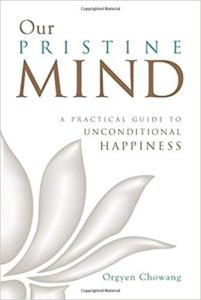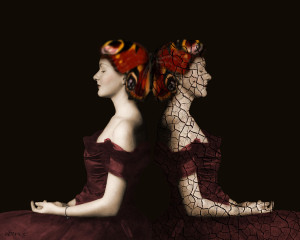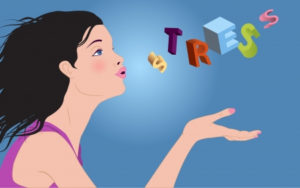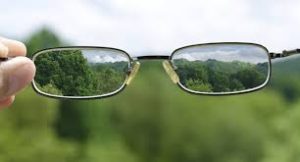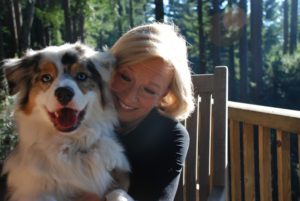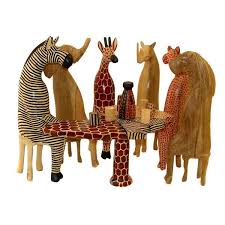Feeling guilty is ubiquitous.
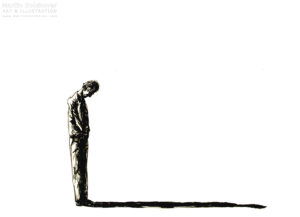 You feel it in small ways and big ones.
You feel it in small ways and big ones.
I was recently with some friends who were trying to decide on a restaurant for dinner. One of the women said she didn’t like Greek food, and naturally her preference organized us. We didn’t go to a Greek restaurant. Once we were all sitting at the table of an Italian restaurant, she announced how guilty she felt.
Maybe she had stepped on someone’s toes? Maybe somebody wanted to go Greek? Did she have a right to organize the group? Of course this group of great women reassured her that we were all happy to have accommodated to her preference.
Her guilt falls in the category of INAPPROPRIATE GUILT. Had she announced that last night she had a little too much to drink, scraped the side of her car, and felt guilty, her guilt would have been APPROPRIATE GUILT.
What’s the difference?
Guilt is always a sign that some rule, value, guideline, or belief has been violated.
When I asked my friend what rule or value she had transgressed, she said she had grown up with the idea that she should always consider other people’s feelings before her own. I wondered out loud if she had signed up for that rule? Did she believe that she was supposed to be oriented in that way? Was she not supposed to take note of her own preferences, desires, or needs? Naturally she knew that this was not the case, but having grown up with a sister who had special needs, it was easy to understand how she came into ownership of this rule.
I am not a big fan of individuals who are “all about me.” Self care doesn’t mean being a narcissist or trampling on other people’s needs and desires. But representing your own wishes, desires, values, and needs–if you don’t do it, who will?
Guilt has a huge value for individual psychology. The bad feeling has a purpose–to keep us from repeating something that transgresses important values. It’s like a signal that says: Something’s wrong here. It is always worth paying attention to it, taking note. Ah, I feel guilty. Then it’s important to reflect on the transgression–what rule did I break?
Guilt will get your attention, and in that way can be helpful getting you to understand what rules organize you. If you ask yourself each time you feel guilty–what’s the rule?–when you reflect, you can figure out if they are rules you actually want to embrace, or are they rules that someone else imposed on you? In small appropriate doses, guilt keeps you honest and on the right track. Overdone, it erodes your spirit.



